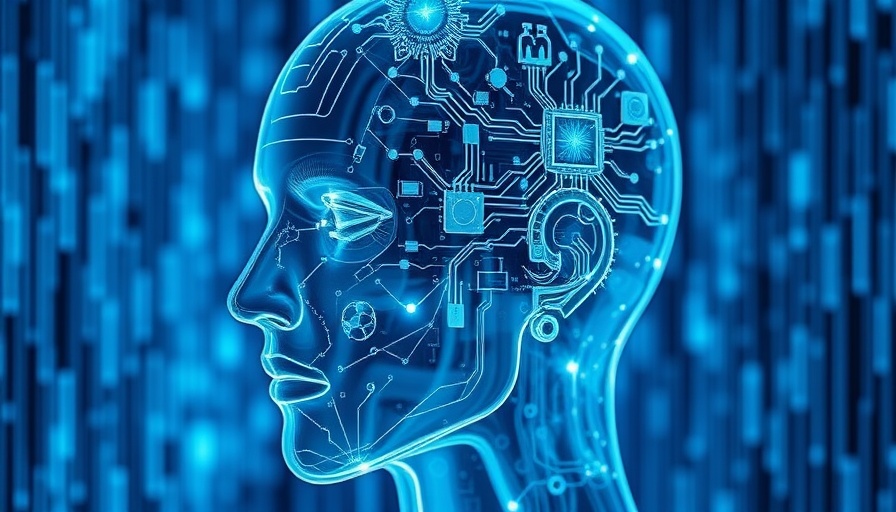
Why Emotionally Intelligent Robots are the Next Frontier in Technology
As technology races ahead, Teddy Warner's startup, Intempus, is at the forefront of a pivotal innovation in robotics: the introduction of human-like physiological states in machines. Warner believes that enhancing robots with emotional responses can drastically improve our interactions with them, transforming not just human-robot dialogue but also the way AI learns and operates.
Bridging the Gap Between Humans and Robots
For years, robots have been adept at performing tasks, but they lack the necessary emotional intelligence that humans naturally exhibit. Warner argues that most robots only navigate from point A to point C—action driven solely by algorithms without the subjective intermediary of emotional context. “To communicate with humans on an innate level, robots must have this physiological state,” he stated in his recent interviews.
Innovative Research Techniques in AI
Warner's journey to integrate physiological data into robots began while studying at an AI research facility known for its groundbreaking work in spatial AI models. Initial experiments with conventional fMRI data proved unsuccessful, leading him to uncover the potential held within polygraph tests, particularly in their ability to capture emotional reactions through sweat. This innovative technique can pave the way for creating robots that not only mimic human emotions but also, in theory, understand and predict human responses more accurately.
The Significance of Human-Like Robots
Introducing emotional elements to robotic functions can significantly impact how societies utilize these machines. From healthcare to customer service, robots equipped with emotional intelligence would bridge connections, making them less menacing and more relatable. This could lead to enhanced cooperation in various fields, where robots could adapt their responses based on the emotional stimuli they perceive, ultimately improving their effectiveness.
Future Predictions: The Evolution of Robotics
As we look forward to the next wave of technological breakthroughs, the concept of emotionally intelligent robotics represents a potentially transformative leap. By aligning robotic behavior with human emotional patterns, we anticipate not only smarter machines but also a shift in how humans perceive and utilize technology. The implications of these advancements could reverberate across industries, leading towards a future where robots fully integrate into daily life as trusted companions and collaborators.
As we enter this next chapter of technological evolution, the upcoming innovations at the intersection of AI and robotics promise to reshape the future of machines. The insights from Warner and his team at Intempus remind us that as we advance in technology, understanding the nuances of human emotion could be just as critical as the algorithms that drive our innovations.
 Add Row
Add Row  Add
Add 




 Add Row
Add Row  Add
Add 



Write A Comment